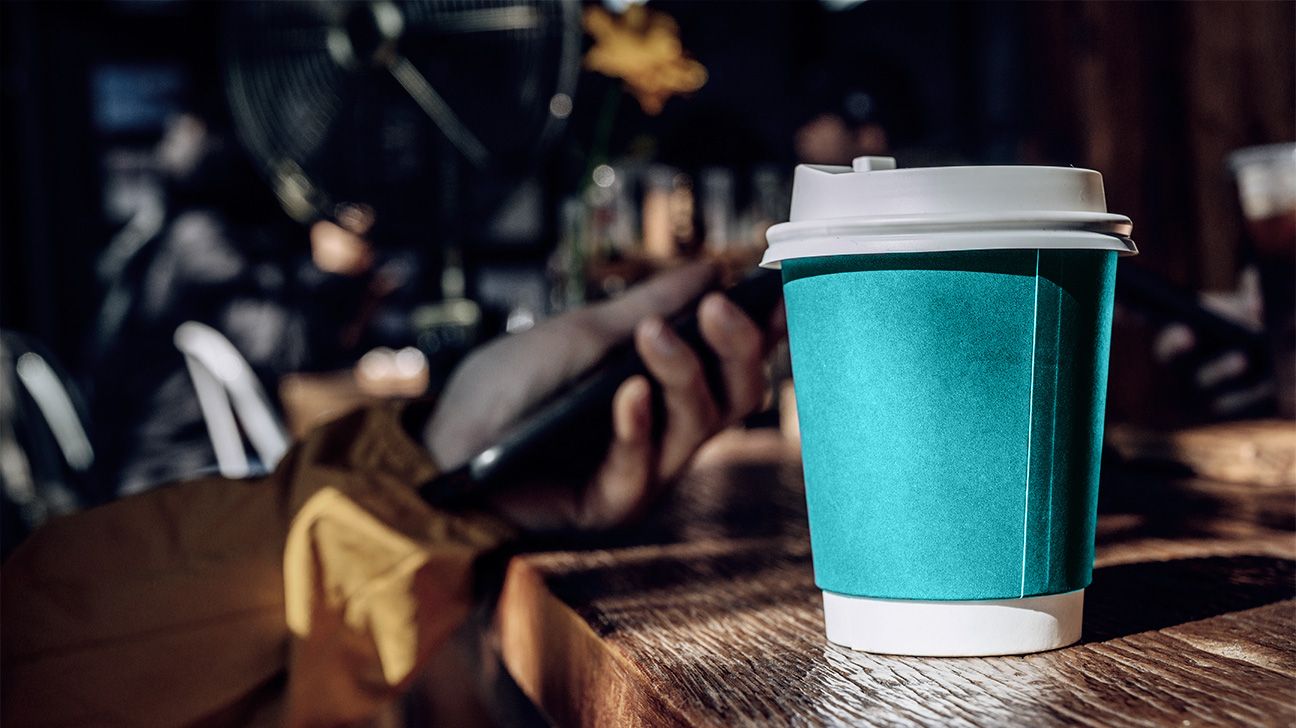Health Care News – Read More
Key vaccine advisors to the Centers for Disease Control and Prevention voted 11-1 Friday morning to delay a recommendation on changes to a newborn hepatitis B vaccine, a surprise development that was greeted with relief by infectious disease experts.
The vote came after a lengthy and tense discussion on Thursday about the necessity of giving newborn babies the vaccine, rather than waiting until they are at least a month old.
Members of the Advisory Committee on Immunization Practices (ACIP) had been considering eliminating the current recommendation that all newborns receive the vaccine, which has been credited with a dramatic decrease in the infection rate over the past 30 years.
Several liaison members of the panel questioned the need for a policy change, given that there was no new evidence showing that there was a problem, or evidence to support delaying the vaccine by a month.
Cody Meissner, a member of the committee, also warned against changing the recommendation during the discussion Thursday.
“We will increase the risk of harm based on no evidence of benefit, because there will be fewer children who will get the full hepatitis B vaccine series,” Meissner said.
The vote was supposed to take place Thursday but was pushed back.
On Friday morning, ACIP members decided there was too much confusion in the wording of their recommendation.
“I believe that there’s enough ambiguity here and enough remaining discussion about safety, effectiveness, and timing that I believe that a vote today is premature,” said panel member Robert Malone.
“I applaud the committee for getting this one vote right by tabling to allow it to have further discussion,” said Jason Goldman, a liaison representative and president of the American College of Physicians.
Separately Friday, the panel decided to vote again on whether the combined measles, mumps, rubella and varicella (MMRV) vaccine should be covered under the Vaccines for Children (VFC) program, which provides low-cost or free vaccines for about half of the children in the country who are uninsured or on Medicaid.
ACIP members voted Thursday to recommend against using the combined vaccine for kids under 4 years old. But in a confusing addition, they then voted against aligning their recommendation with the VFC program.
The new vote on Friday brought the VFC program in line with that new recommendation, meaning the combination shot will no longer be covered. Separate MMR and varicella shots will be.
Goldman: “Please provide to the public so they can have trust, faith and confidence in vaccination as to what process we are going to be using to properly vet and discuss all future vaccines,” Goldman said. “That is why the evidence to recommend framework was created so we would have the standard to be able to vet all vaccines, but that is not being used.”






